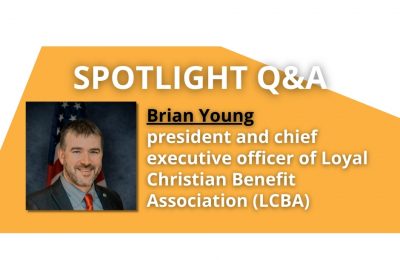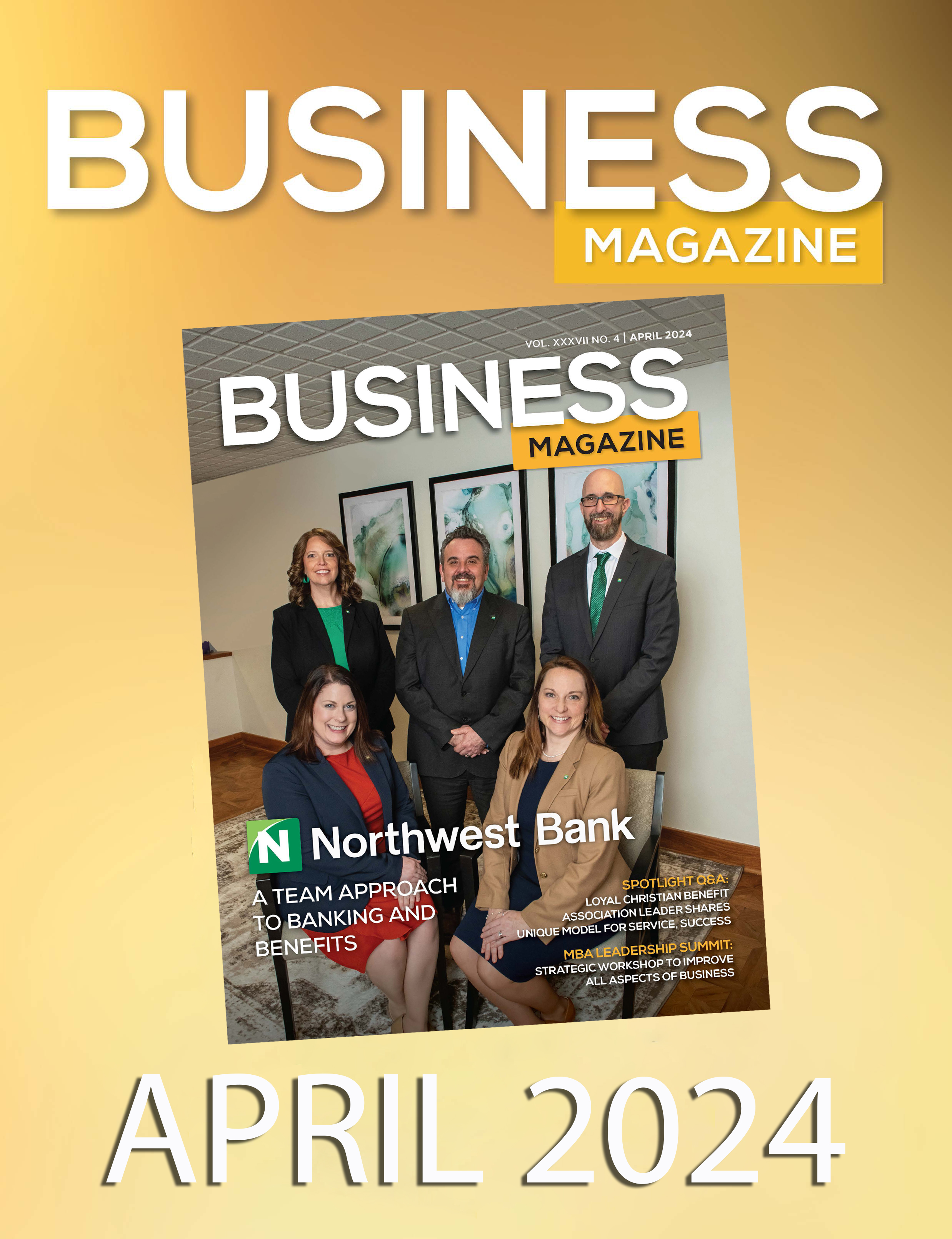Nondiscretionary bonuses must be included, while discretionary bonuses may generally be excluded.
Nondiscretionary bonuses are bonuses that the employer is obligated to pay, and they must be included in overtime pay calculations. Examples of nondiscretionary bonuses include bonuses promised in an agreement (such as an employment contract or collective bargaining agreement), bonuses tied to performance evaluations, incentive plan bonuses, or any bonuses based on a set criteria for an employee, a group or an entire company. Nondiscretionary bonuses also include service anniversary bonuses, attendance bonuses, bonuses tied to working undesirable shifts (sometimes in the form of shift differentials), production-oriented bonuses and retention bonuses.
Discretionary bonuses are not considered overtime eligible, as defined in FLSA 29 CFR 778.208-215. To be considered a discretionary bonus, all four criteria
must apply:
- The employer retains discretion whether bonus will be paid.
- The employer retains discretion on the amount of the bonus.
- The employer retains discretion about whether a bonus will be provided very near the time frame it covers.
- The bonus must not be paid pursuant to any prior contract, agreement or promise.
Examples of discretionary bonuses employers may be able to exclude from overtime pay are holiday or gift bonuses, spontaneous bonuses (sometimes referred to as “spot” awards) and percentage of total earnings bonuses (bonuses based on total compensation earned during a specific time frame).
If My Company is Subject to a Department of Labor Wage-And-Hour Audit, What Can I Expect?
The U.S. Department of Labor has the ability to audit employers at any time, but the most common reason for a department audit is a complaint from an employee. The Department of Labor also has targeted employers in low-wage industries for wage-and-hour-violations, particularly in agriculture, day care, restaurants, garment manufacturing, guard services, health care, hotels and motels, janitorial services, and temporary help.
Labor officials typically provide little advance notice of an audit. However, an employer can request time to gather records. Usually, the amount of time granted will depend on the auditor.
At the end of the audit, the employer should ask the auditor to provide a summary of the results of the investigation. This information will help the employer review options for resolutions if any violations are found.
The Manufacturer & Business Association’s HR Division can assist regarding the HR audit process. Contact us at 814/833-3200 or 800/815-2660.













